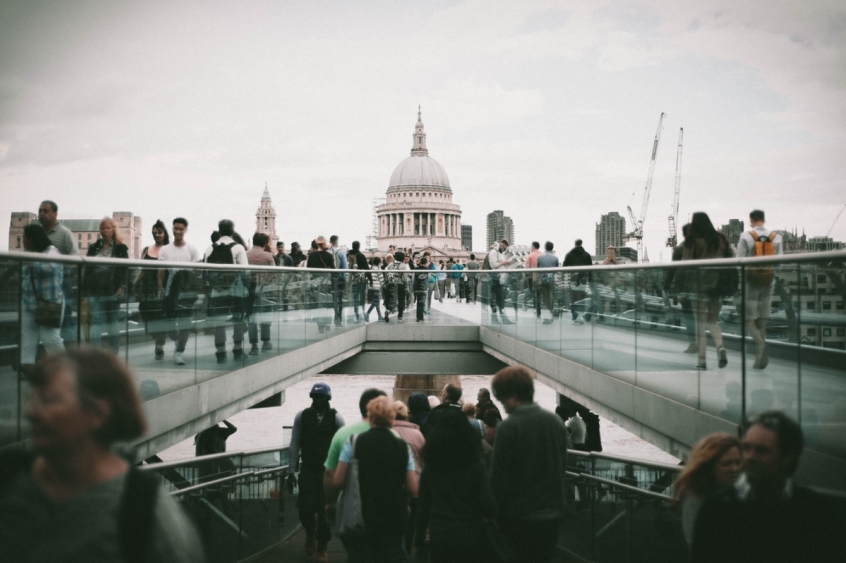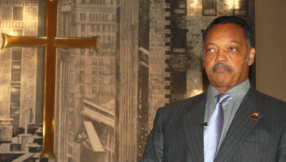
A new study by Pew Research has found that people who practise a religion are happier and more engaged in their communities than the rest of the population.
The study also found that religious participation, as opposed to simply being affiliated with a religion, made a difference to levels of happiness.
In the US and many other countries around the world, Pew's analysis revealed a clear link between regular participation in a religious community and higher levels of happiness and civic engagement, specifically, voting in elections and being part of community groups or other voluntary organisations.
'This may suggest that societies with declining levels of religious engagement, like the US, could be at risk for declines in personal and societal well-being,' Pew said.
'But the analysis finds comparatively little evidence that religious affiliation, by itself, is associated with a greater likelihood of personal happiness or civic involvement.'
In the study, based on data from the US and more than two dozen other countries, over a third of actively religious adults in the US (36 per cent) described themselves as very happy, compared with just a quarter of both inactive and unaffiliated Americans.
In the 25 other countries examined by Pew, religiously active people reported being happier than the unaffiliated in almost half (12 countries), and happier than adults with no active religion in roughly one-third (nine) of the countries.
There was also no country in which the data found religiously active people to be significantly less happy than others.
In the US, 58 per cent of adults who regularly participated in religious activities said they are also active in at least one other non-religious voluntary organisation, including charity groups, sports clubs or labor unions.
This compared to around half of all adults who did not have an active faith (51 per cent) and 39 per cent of the religiously unaffiliated.
When it came to voting, over two-thirds of religiously active adults in the US (69 per cent) said they always voted in national elections, more than the religiously inactive (59 per cent) or unaffiliated (48 per cent).
The study also showed that religiously active people were less likely to engage in unhealthy behaviours, such as smoking and drinking alcohol.
However, they were on a par with the rest of the population when it came to obesity rates and how often they exercised.
Pew cautioned that the connections between religious participation, happiness, civic engagement and health needed further study and that the figures in the study did not in themselves prove that going to religious services was directly responsible for improving people's lives.
'Rather, it could be that certain kinds of people tend to be active in multiple types of activities (secular as well as religious), many of which may provide physical or psychological benefits,' it said.
'Moreover, such people may be more active partly because they are happier and healthier, rather than the other way around.'













